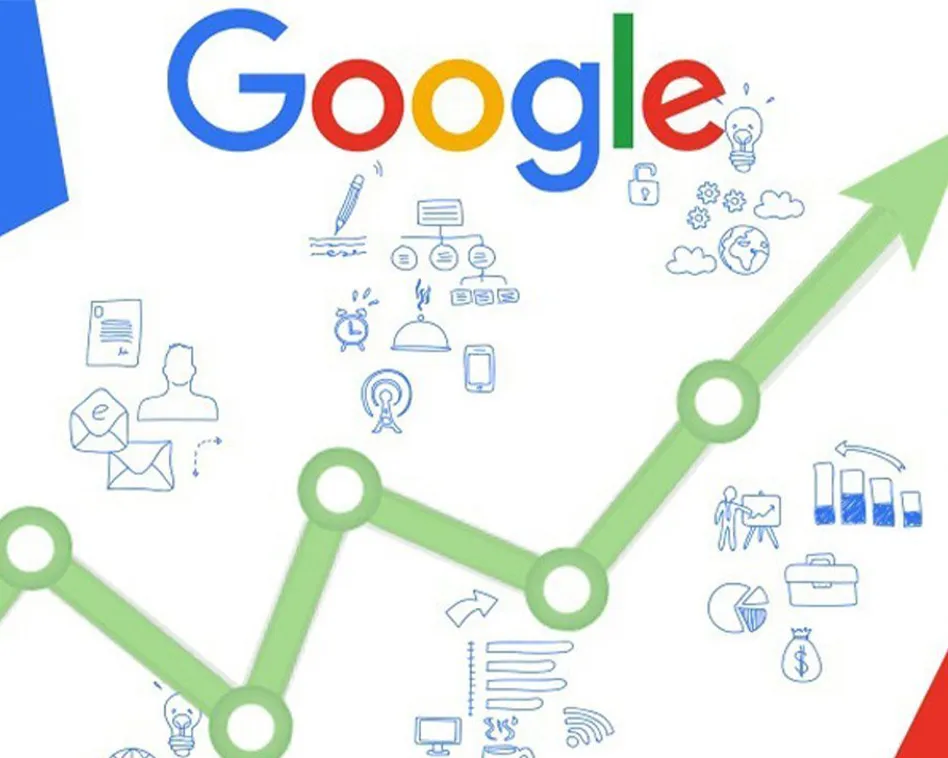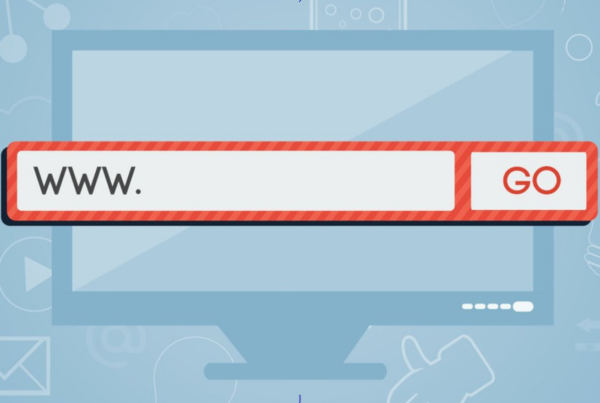
There are about 200+ ranking criteria and benchmarks employed by Google. As we all know, Google is without a doubt the most widely used search tool/engine, globally.
Google outnumbers rival search engines – for example Yahoo or Bing, with about nearly ‘5 Billion’ search queries per day. Consequently, everyone wants to rank better in Google search results these days.
Unfortunately, since ‘Search Engine Optimization (SEO)’ changes considerably on a regular basis, it is often imperative to incorporate, employ or stay consistent with all of the alterations.
Foremost & Key Google Ranking Determinants;
Quality of Data/Material/Content should be perfect;
Google places considerable emphasis on the quality of your content that is one-of-a-kind, insightful, creative and genuine. Novel and innovative material is given preferential treatment and priority by Google.
If your content or info is same or identical to that of other websites, it may have a detrimental or adverse effect on your Search engine optimization.
- Content that is consistently updated and distinctive;
You’re delivering a good message to the web search engine by periodically updating refreshing your postings, blogs, articles etc. and incorporating new material.
Unless you encompass issues that involve current affairs or patterns, you will not rank higher on Google as content novelty and relevance is indispensable and imperative in playing a vital role in improving your sites ranking.
- Length of Content/Info;
It is said that articles or blogs with ‘1,890’ words, on an average, appear on the very first page of the search results. Nonetheless, there is no blanket rule or written formula about adhering to a word count when blogging or composing. A better way to look at this is to generate material that is rich in detail and accommodates a diverse range of topics.
Arrangement and Layout of your Content;
Your articles and blog postings etc. must be well arranged and systematic when it comes to content excellence and freshness. It enables your clients to conveniently read and better understand all your posts when they seek solutions to their difficulties. You can use multiple headers and subheadings to optimize the structural framework of your content. Additionally, take into account the cadence of your piece to determine which portion should appear first.
Intent or Purpose of Search by the Consumer;
What a visitor is browsing for is referred to as ‘Search Intent’. On Google, each keyword or term is distinctive, and you should timely comprehend why a certain search query exists. Whenever somebody looks for the best ‘WordPress’ themes or plug-ins, for instance, it appears in the first five results. Your clients’ search intent reveals where they are in the buying process or cycle.
Average Time of your Web page to Load;
Another thing to consider is the responsiveness of your web pages in terms of speed. Effective since May 2021, Google now incorporates assessment of page loading speed and performance in its Standard Web Vitals.
Mentioned below is a list of elements that Google deems crucial for your site’s overall user browsing experience.
- Efficiency and speed in page loading
- Accessibility in regards to timely response to commands
- Response time of multiple components (font, graphics etc.)
Google wants your site to load rapidly and give your visitors a satisfactory experience.
Layout and Format of the Site;
One thing to keep in mind is the architecture of your website, especially if you’re just getting started. From a crawling and indexing standpoint, the construction style of your website is critical. It makes it simple for Google crawlers to access and optimize your website and its pages. You should Setup a sitemap in WordPress to get started. A sitemap lists all of the relevant pages that the search engine ought to be aware of.
Hyperlink or Tags (Backlinks);
Backlinks are an essential consideration of Google’s ranking algorithm since it is through backlinks the Google Crawler Bot detects and indexes your webpage. Inbound links, also known as backlinks, are a type of ringing endorsement and a show of confidence for your site. Google adds up all of the results and determines whether your web page is eligible for a spot in the top ten ranking list. You can maximize your chances of upper ranking positions by securing backlinks from high-authority sites. This is because by gathering these links, you’re demonstrating to Google that your information is reliable as multiple websites have endorsed and validated it.
Domain Authority (DA);
The domain authority of your site is a major Google ranking variable for you to consider. It’s a search engine ranking criterion that demonstrates your site’s knowledge and skill in a specific issue and its potential to classify on search engines.
‘MOZ’ calculates Domain Authority and allocates a point total anywhere from ‘one’ to ‘hundred’. The higher your domain authority, the more likely you are to rank better on Google.
Compatibility with Mobile Devices;
As Google has made the switch to ‘mobile-first’ since 2019, it’s become critical that your site is mobile-friendly. Mobile-first implies that Google will now index and rank your site based on its mobile version. Formerly, Google would index your desktop site as the primary version. However, with approximately over ‘3 Billion’ mobile internet users worldwide, Google’s decision and approach was inevitable and unsurprising.
Optimization of Keywords and Search Terms;
Keywords are search phrases that people use to search the database on Google. As a natural consequence, it’s fundamental that your site includes the keywords that your intended clientele is looking for. As an outcome, Google will be able to find your page in its results pages.
Here are a few pointers to help you make sure your website is keyword optimized;
- Add your Keywords in ‘URL’.
- Avoid Keyword Stuffing.
- Meta Description
- Title Tags
- Anchor Text
- Image Alt Text
- Usage of Latent Semantic Indexing (LSI)’ Keywords
The User’s Overall Perspective;
The comprehensive and optimum user experience of your site is a decisive element incorporated in Google’s ranking mechanism. Google monitors and analyses it via an ‘Artificial Intelligence’ software termed ‘Rank Brain’, which further takes into account other metrics or variables, such as;
- Runtime or Dwell time on your webpage
- Low or high Bounce Rate
- Click Through Rate (CTR)
Site Security and Encryption Protocols;
The cyber security of your webpage is now a substantial Google ranking determinant. You should verify and ensure that your site is now using HTTPS, which stores and encrypts data between your site and the browsers of your clients. Since 2014, Google has endorsed and factored ’HTTPS’ as a ranking variable. Assuming your website does not yet have SSL certificates or isn’t using HTTPS, it’s pertinent you get these essential upgrades as soon as possible.











Recent Comments